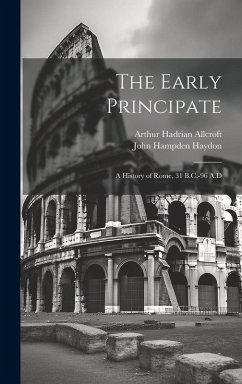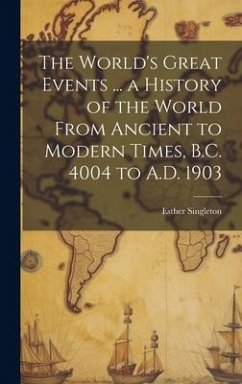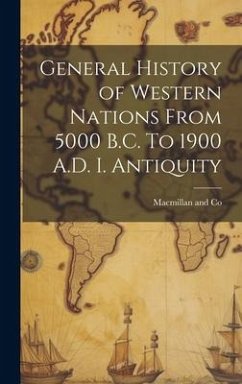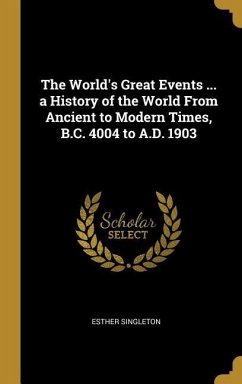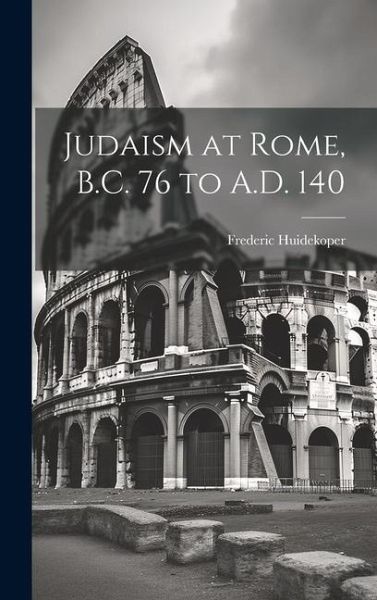
Judaism at Rome, B.C. 76 to A.D. 140
Versandkostenfrei!
Versandfertig in über 4 Wochen
39,99 €
inkl. MwSt.
Weitere Ausgaben:

PAYBACK Punkte
20 °P sammeln!
This book is a fascinating historical account of Judaism in the Roman Empire, focusing on the period from 76 BC to 140 AD. The author explores the challenges faced by Jews living in Rome during this time, including political instability, cultural conflicts, and the persecution of Jewish communities. The text is notable for its nuanced portrayal of the relationship between Jews and Romans, demonstrating that the two groups had complex and multifaceted interactions, rather than a simple relationship of oppression and resistance. The book is a valuable resource for anyone interested in ancient hi...
This book is a fascinating historical account of Judaism in the Roman Empire, focusing on the period from 76 BC to 140 AD. The author explores the challenges faced by Jews living in Rome during this time, including political instability, cultural conflicts, and the persecution of Jewish communities. The text is notable for its nuanced portrayal of the relationship between Jews and Romans, demonstrating that the two groups had complex and multifaceted interactions, rather than a simple relationship of oppression and resistance. The book is a valuable resource for anyone interested in ancient history, Judaism, or Roman culture. This work has been selected by scholars as being culturally important, and is part of the knowledge base of civilization as we know it. This work is in the "public domain in the United States of America, and possibly other nations. Within the United States, you may freely copy and distribute this work, as no entity (individual or corporate) has a copyright on the body of the work. Scholars believe, and we concur, that this work is important enough to be preserved, reproduced, and made generally available to the public. We appreciate your support of the preservation process, and thank you for being an important part of keeping this knowledge alive and relevant.



